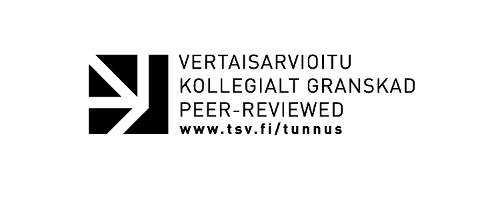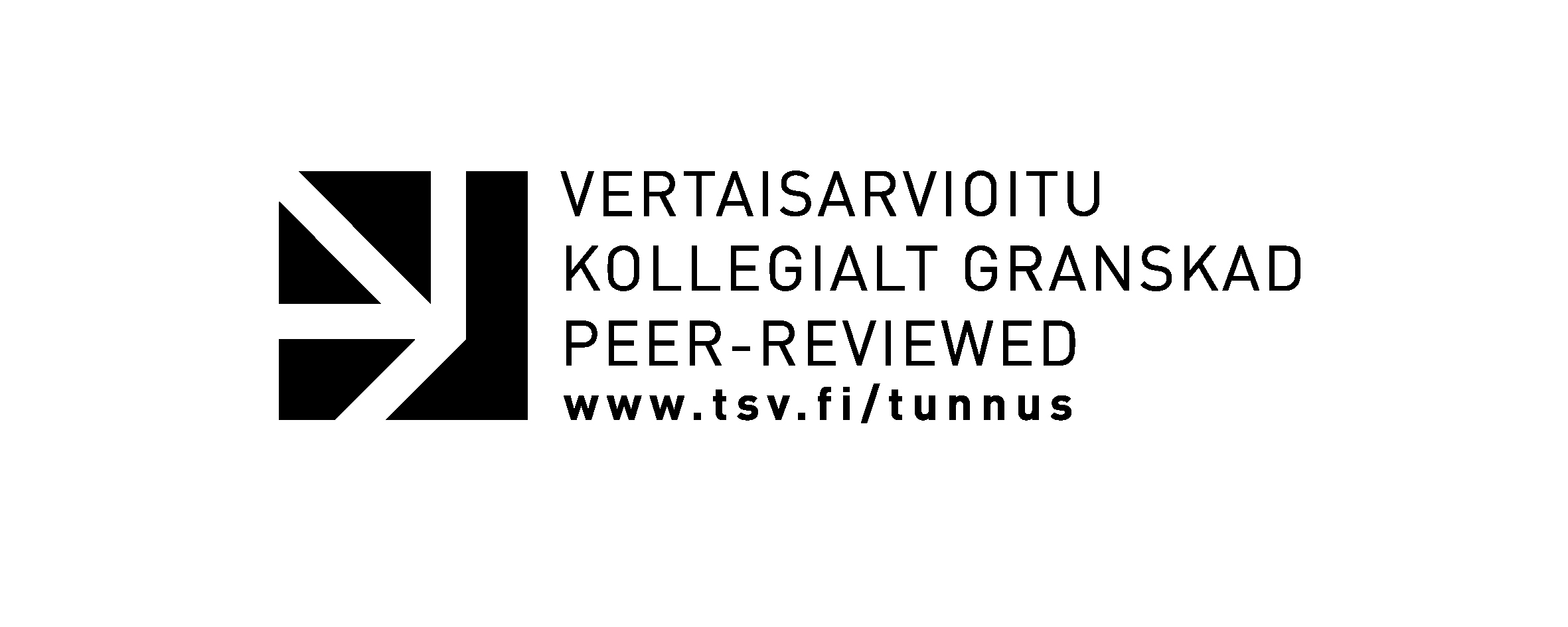Cross-border Commuting Changes the Way Work is Done: A Case Study of Estonian Blue-Collar and Skilled Workers in Finland
Keywords:
cross-border mobility, work-migration, transnationalityAbstract
Over the last decade the number of people in Estonia who are internationally commuting weekly or monthly between Estonia and Finland has grown. The demand for extra labor in the neighboring country, the economic crisis in Estonia, and the negative wage gap and better working conditions in Finland are the main reasons why people are choosing this untraditional way of life. In my article I will discuss how transnational working pattern changes economic behaviours in men who are working in Finland, but still living in Estonia. My research questions within this article are: 1) How do men working in another country see their situation? and 2) How have their working patterns changed compared with the time they were working and living in Estonia? Based on my year-long fieldwork, I assert that cross-border commuting has influenced the normalisation of working abroad. I also discuss the skills and professional competence needed as preconditions for cross-border mobility, while at the same time emphasising that the most important factors are the workers’ flexibility to do whichever job is available necessary and their openness towards being mobile.








